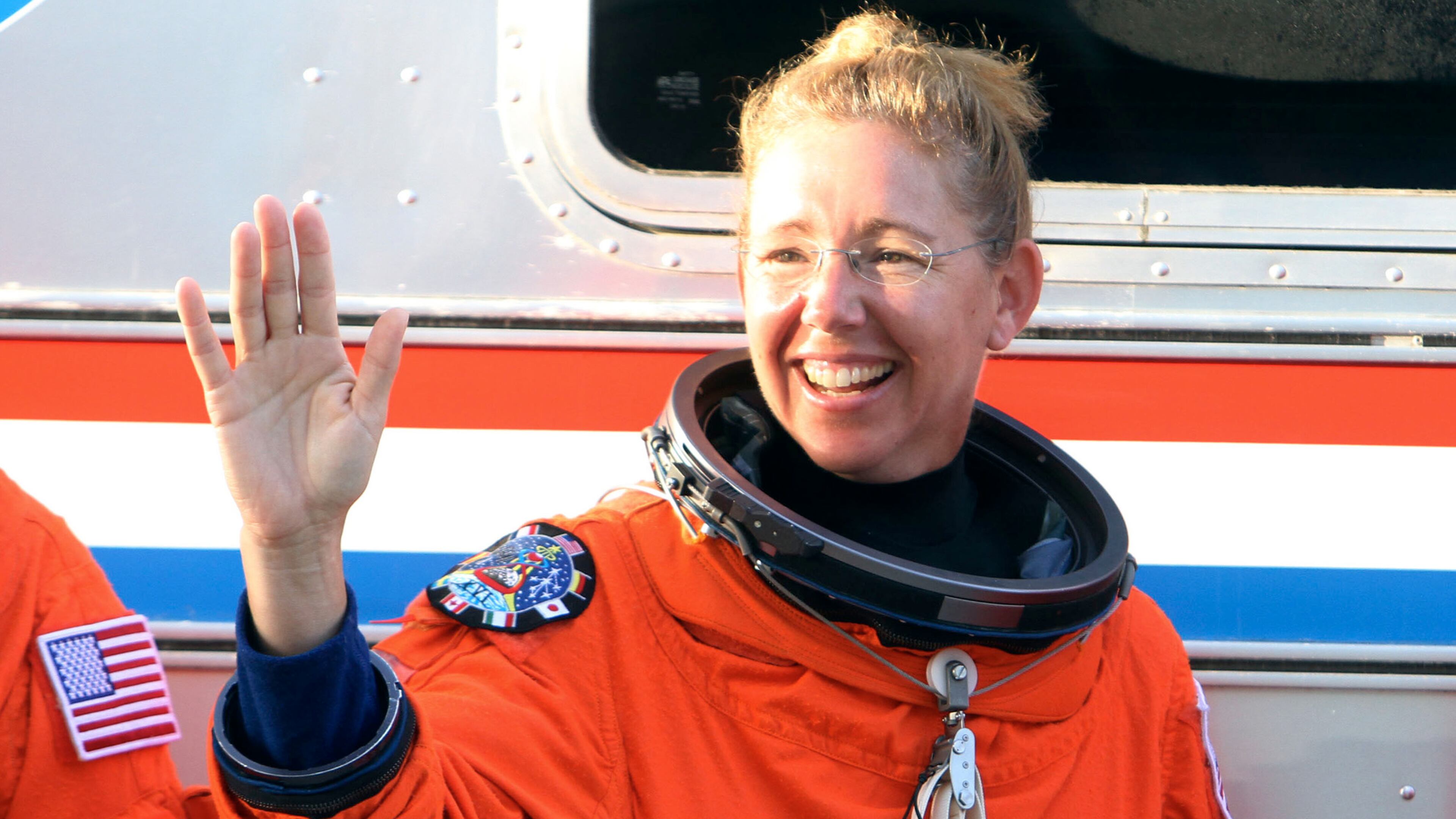Georgia Tech's long legacy with shuttle program comes full orbit

The last mission of the space shuttle program will mirror its first: a Georgia Institute of Technology graduate will be aboard the spacecraft.
Just as the program began with astronaut John Young on the Columbia in 1981, Georgia Tech grad Sandra Magnus will be among the final astronauts to fly as part of the historic program. The launch of Atlantis, the 135th of the shuttle era, was scheduled for 11:26 a.m. today, although rain may force a postponement.
Fourteen Georgia Tech graduates became shuttle astronauts, and they're merely the most visible of the hundreds of alumni who have contributed to the program since its inception in the 1960s.
More than 150 of the university's graduates and co-op students were working at the Johnson, Kennedy and Marshall space flight centers as of June, according to the university.
For some of them, the end feels premature.
"Some people are just heartbroken at the thought that Friday will be the last launch," said Georgia Tech graduate and astronaut William McArthur, now the manager of NASA's space shuttle orbiter project. "The mixed emotion part is that we know the shuttles have not reached the end of their useful life."
The three remaining shuttles -- Discovery, Endeavour and Atlantis -- will be retired to museums. The nation's future manned space vehicles will be developed by the private sector.
Until another American spacecraft capable of carrying humans is available, something that will take years, American astronauts will have to hitch a ride with the Russians to outer space.
"We don't have issues with flying on their vehicle. It is much less technical than ours, but a very super-reliable vehicle," said Col. Shane Kimbrough, a Georgia Tech grad and astronaut who is now in Florida, helping with preparations for the Atlantis launch. "But I think a lot of us would certainly prefer to fly something with an American flag on it."
Georgia Tech graduate and astronaut Rich Clifford, now deputy program manager of the Boeing shuttle program, spoke even more plainly: "I think it's stupid of our business that we don't have a replacement before we put this shuttle out of commission."
Like these current and former astronauts, Georgia Tech spacecraft design professor Alan Wilhite has devoted years to the space program. In the early 1970s, Wilhite worked for NASA and was involved in the original design of the shuttle. His work focused on how the craft's rockets, fuel tank and orbiter separate from one another after liftoff and how to safely land the orbiter, he said.
Wilhite was present when the first shuttle, Columbia, launched in 1981.
"It was the highlight of my career to see such a magnificent machine fly," he said. "It’s amazing that through all of the potential problems it could have, that it was the ultimate flying machine."
More than two decades later, engineering problems doomed Columbia, like Challenger before it. After Columbia disintegrated upon re-entry in 2003, killing all seven astronauts, Wilhite's work at Georgia Tech turned to designing a newer, safer vehicle for travel to the space station and eventually to Mars.
Those involved with the space program frequently note that although the shuttle flights are ending, it's far from the end of human space exploration. The American aerospace community, under a directive from the Obama Administration, now has a long-term goal of returning to the moon, exploring asteroids and even getting to Mars.
And that's why research institutions such as Georgia Tech are crucial to advancing space exploration technologies, McArthur said.
Scientists in Georgia Tech's School of Aerospace Engineering -- the nation's largest -- work on such aspects as aerodynamic mechanisms for slowing the vehicle for safe landing, life-support systems for long space journeys and robotic technologies for examining potential landing sites before the humans arrive. Nearly a third of the school's research is with NASA, according to the institution.
"The research done in the colleges and universities in this country is absolutely essential in partnership with NASA to push the envelope of technology," McArthur said. Those new technologies, he said, will "allow us to do things tomorrow that we only dream of today."
Georgia Tech Space Shuttle Facts:
- 14 Georgia Tech graduates have served as NASA astronauts during the life of the space shuttle program. The commander of the first space shuttle mission in April 1981 was John Young, a Georgia Tech alumnus. Young, one of the 12 men who walked on the moon, is the only astronaut who was engaged in the Gemini, Apollo and shuttle programs. Young died in 2018.
- Alumnus Dick Truly piloted shuttle missions 2 and 8. He later became the head of NASA in the Reagan administration.
- Astronaut Jan Davis became the first female Georgia Tech graduate to orbit the Earth in 1992. Alumna Susan Still Kilrain piloted shuttle missions 83 and 94.
